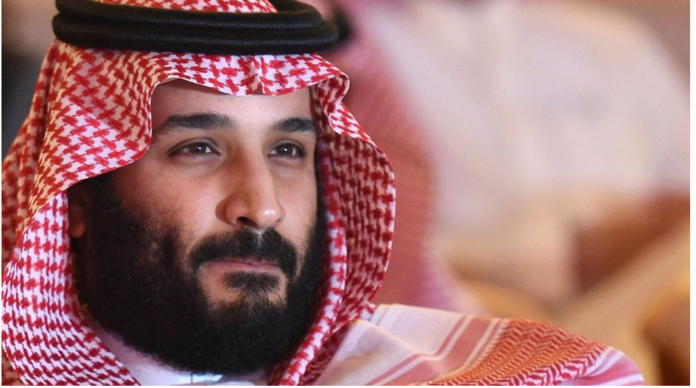Saudi Arabia adopts Gregorian calendar, but retains Hijri for religious matters
By Jeph Ajobaju, Chief Copy Editor
Crown Prince Mohammed bin Salman’s efforts to transform Saudi Arabia has led to the adoption of the Gregorian calendar for all official dealings, to align with the rest of the world, just as he jettisoned the ban female drivers to allow women breathe.
The Gregorian calendar applies in all areas except those related to the provisions of Islamic Shariah where the calculation of periods will continue to be based on the Hijri calendar.
The Saudi Cabinet, chaired by Salman, made the decision on Tuesday, increasing his epaulets for doing away with another anachronism that presents hope for more positive changes in a society rife with human rights violations.
He has permitted freedom of worship, including for Christians, but an attempt to evangelise and convert others into Christianity can attract severe consequences.
Besides, women are still required to get the approval of their husbands or other male relatives to leave the house and their remains segregation between males and females in public places, among other draconian policies.
Saudi Arabia has traditionally prioritised the Hijri calendar with the Gregorian used as a secondary measure. However, some official and legal activities had already been aligned with the Gregorian calendar before Tuesday’s ruling.
Dr. Osama Ghanem Al-Obaidy, a professor of law at the Institute of Public Administration in Riyadh, said the decision was a “good move” for business.
__________________________________________________________________
Related articles:
India surpasses China as world’s most populous nation
UK targets 300,000 doctors and nurses in new recruitment push
US warns citizens against travelling to Nigeria, ignores Tinubu’s assurances
_________________________________________________________________
Transition generally welcomed
“The Saudi Council of Ministers’ decision to adopt the Gregorian calendar in all official dealings, procedures regulations and transactions is a welcome move since all other countries use this calendar in all their laws, transactions and procedures,” he told Arab News.
He said it would “make it easier for foreigners visiting Saudi Arabia and doing business in the Kingdom to rely on one single calendar not two as was the case before, which caused a level of confusion and discrepancy.
“Also, Saudis … will have it easier now when dealing with foreign partners.”
Banker and financial analyst Talat Zaki Hafiz described the decision as “very wise” as the Kingdom continued to open up to the global business community.
Saudi Arabia’s Gross Domestic Product (GDP) grew 8.7 percent last year, the highest of all the Group of 20 leading and developing nations.
“Doing business by the Gregorian calendar is in harmony with what the whole world is practicing and will further boost business,” Hafiz said, adding the Saudi banking sector was already using the Gregorian calendar for all of its transactions.
The Hijri or “Islamic” calendar measures the year as being 354 or 355 days in length, 10 or 11 days shorter than in the Gregorian calendar of a total 365 or 366 days.













